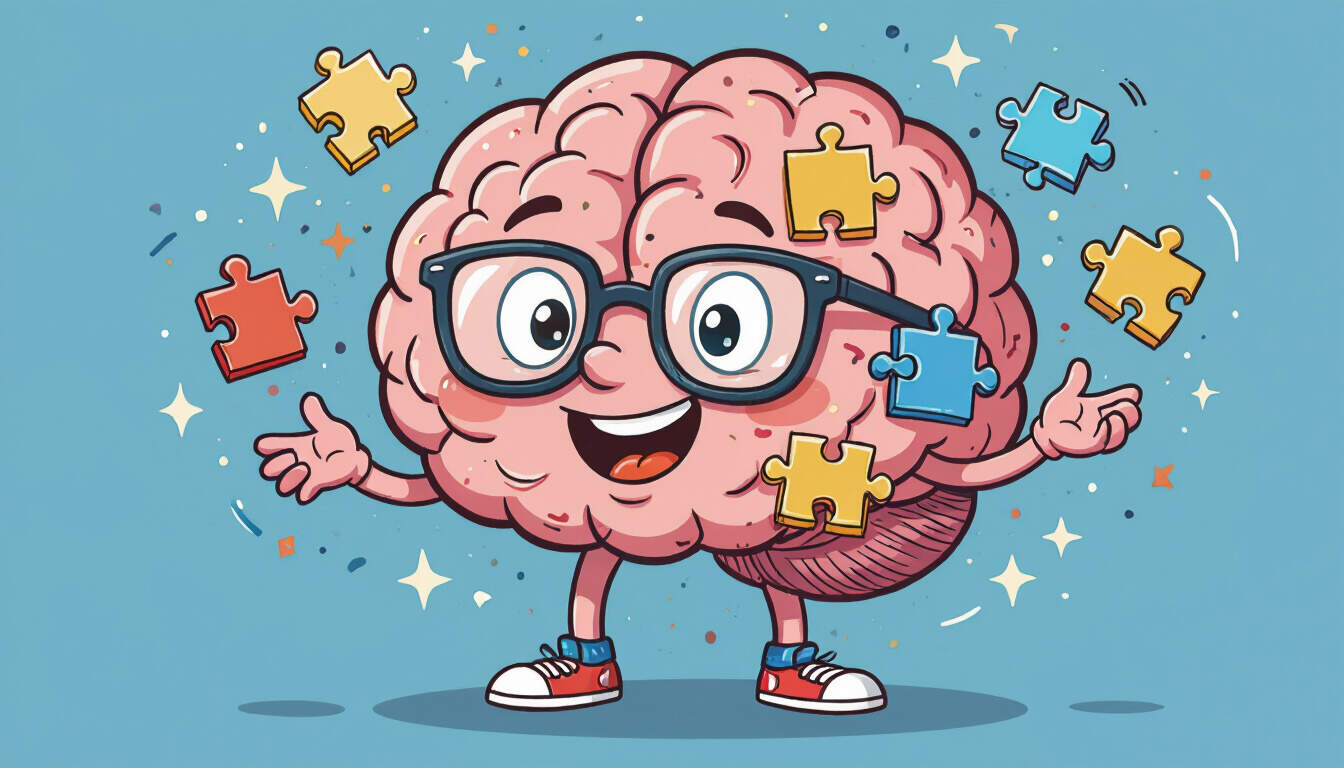Cognitive Tools as Essential Mental Models
 by Thaddeus Blanda
by Thaddeus Blanda
Cognitive tools serve as key mental models that enhance thinking and problem-solving in daily life. This article examines their role in psychology, business, and personal growth, offering practical insights for better decision-making and cognitive improvement. Discover how these tools can shape effective strategies.

Cognitive tools play a vital role in shaping how we process information and make decisions. These frameworks help individuals approach challenges with clarity and efficiency. For instance, cognitive tools like visualization techniques allow people to picture outcomes before acting.
In psychology, cognitive tools refer to methods that support mental processes. One example is the concept of reframing, which involves viewing situations from new angles. This approach aids in emotional regulation and fosters resilience. By using such tools, individuals can manage stress more effectively.
Business strategies often rely on cognitive tools to drive innovation. Decision matrices, for example, provide a structured way to evaluate options based on criteria. Business strategies benefit from this, as it reduces bias and leads to better choices. Professionals use these tools during planning sessions to align team efforts.
Cognitive development benefits greatly from regular practice of these mental models. Activities such as journaling encourage self-reflection and idea organization. Over time, this builds stronger cognitive abilities and promotes lifelong learning.
Benefits of Cognitive Tools
There are several advantages to integrating cognitive tools into everyday routines. First, they improve focus and productivity by breaking down complex tasks. For example, mind mapping helps in organizing thoughts visually, making it easier to tackle projects.
Second, these tools enhance creativity. Techniques like brainstorming sessions generate a flow of ideas without immediate judgment. Cognitive development through such practices leads to innovative solutions in various fields.
In professional settings, cognitive tools aid in conflict resolution. Role-playing scenarios allow individuals to anticipate reactions and prepare responses. This method ensures smoother interactions and better outcomes in negotiations.
Practical Applications
Applying cognitive tools in daily life can start with simple habits. Begin by setting aside time for reflection each day. This practice helps in identifying patterns and improving decision-making processes.
In education, teachers use cognitive tools to engage students. Interactive discussions promote critical thinking and knowledge retention. Students who adopt these tools often perform better in assessments.
For business leaders, cognitive tools like SWOT analysis offer insights into strengths, weaknesses, opportunities, and threats. This systematic review supports strategic planning and resource allocation.
Challenges and Solutions
While cognitive tools are helpful, they require consistent effort to master. One common issue is information overload, which can overwhelm users. To address this, prioritize key elements and focus on one tool at a time.
Building habits around these tools involves repetition and adaptation. Start with basic exercises and gradually incorporate them into routines. Over time, this leads to natural integration and enhanced cognitive skills.
In psychology, cognitive tools assist in therapy by helping individuals challenge negative thoughts. This process supports mental health and personal growth.
Real-World Examples
Consider how athletes use cognitive tools for performance. Visualization techniques enable them to mentally rehearse actions, improving actual execution. Mental models like these contribute to success in competitive environments.
In corporate settings, teams apply cognitive tools during product development. Scenario planning helps foresee potential issues and devise contingencies. This proactive approach minimizes risks and maximizes efficiency.
For lifelong learners, cognitive tools facilitate knowledge acquisition. Podcasts and reading lists serve as resources for exploring new ideas and expanding perspectives.
Conclusion
Incorporating cognitive tools into life offers a pathway to better thinking and problem-solving. These mental models support growth in psychology, business, and cognitive development. By practicing them regularly, individuals can achieve greater clarity and success.
Ultimately, the value of cognitive tools lies in their adaptability. Whether in personal or professional contexts, they provide a foundation for continuous improvement and informed decisions.
